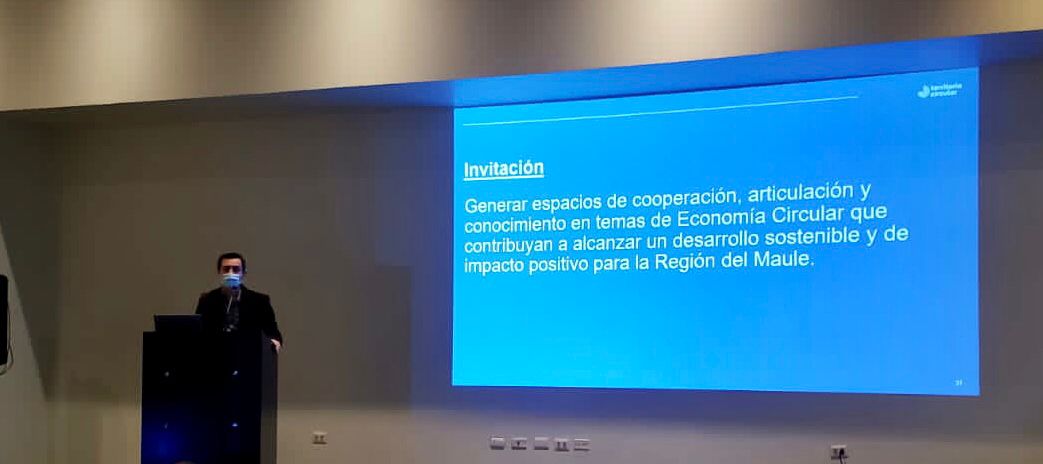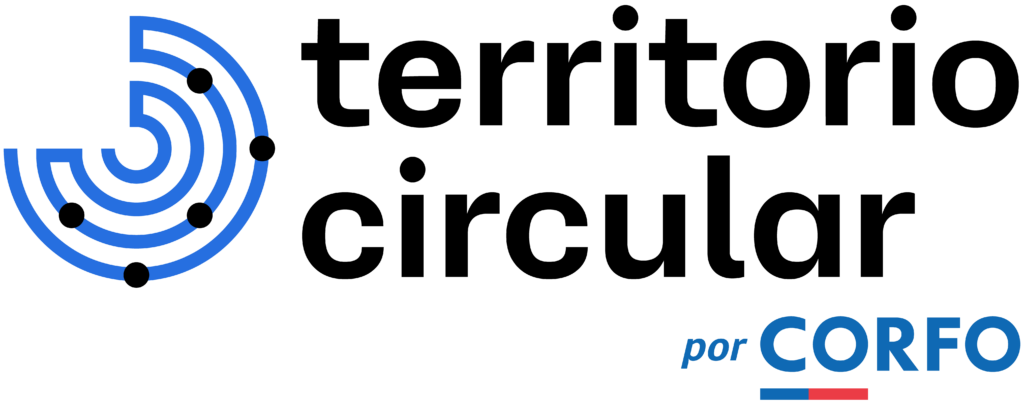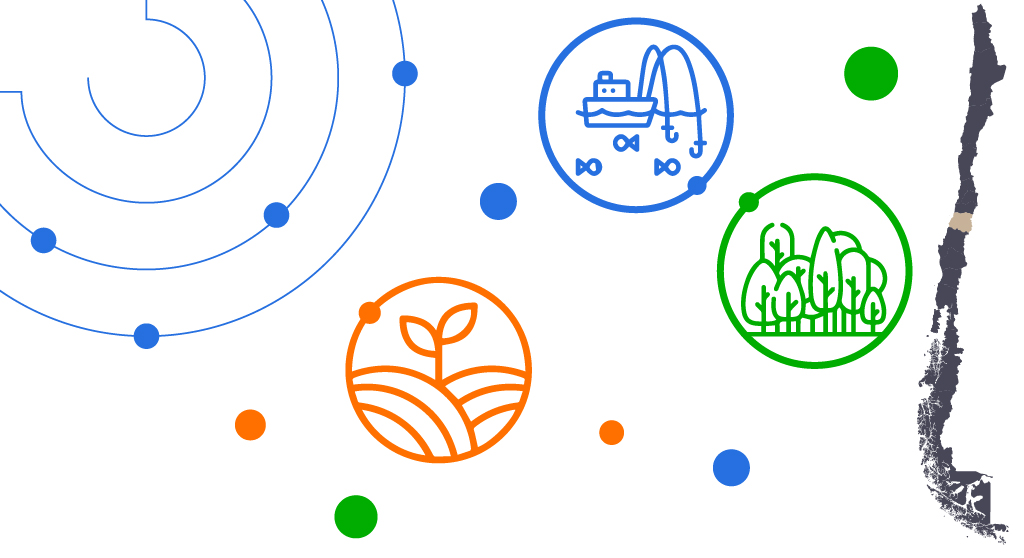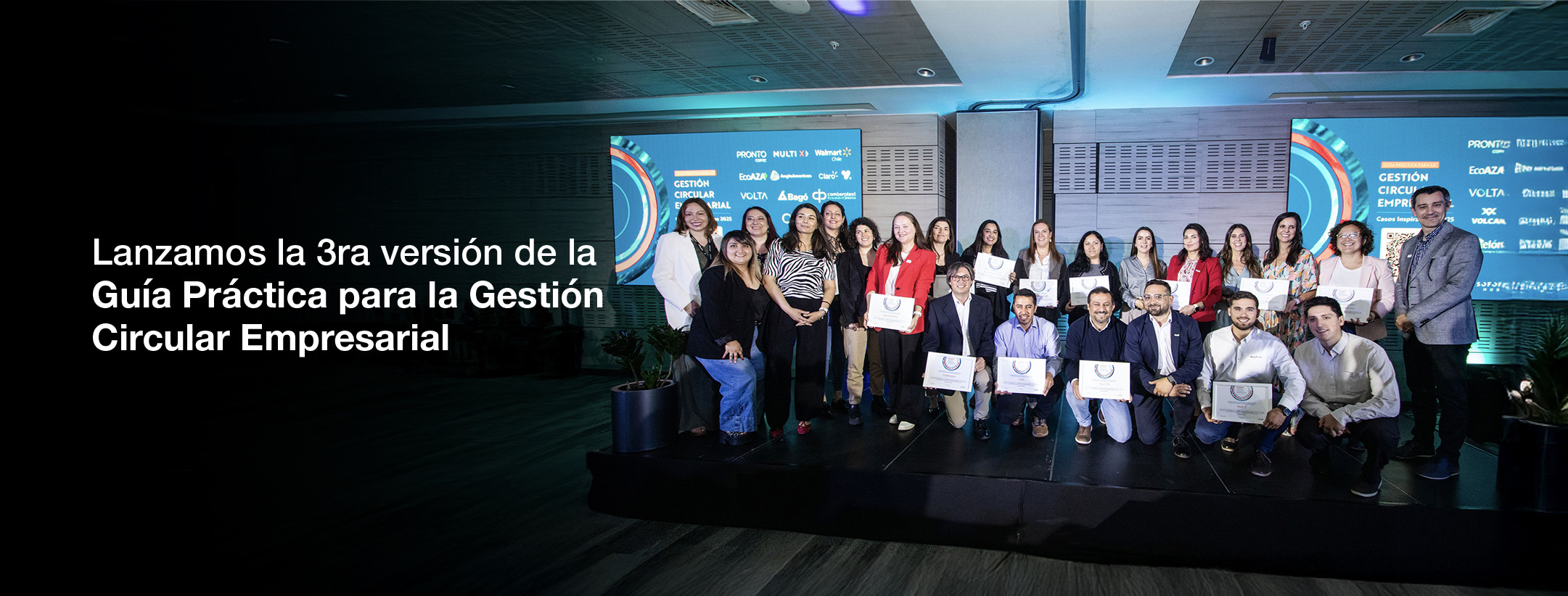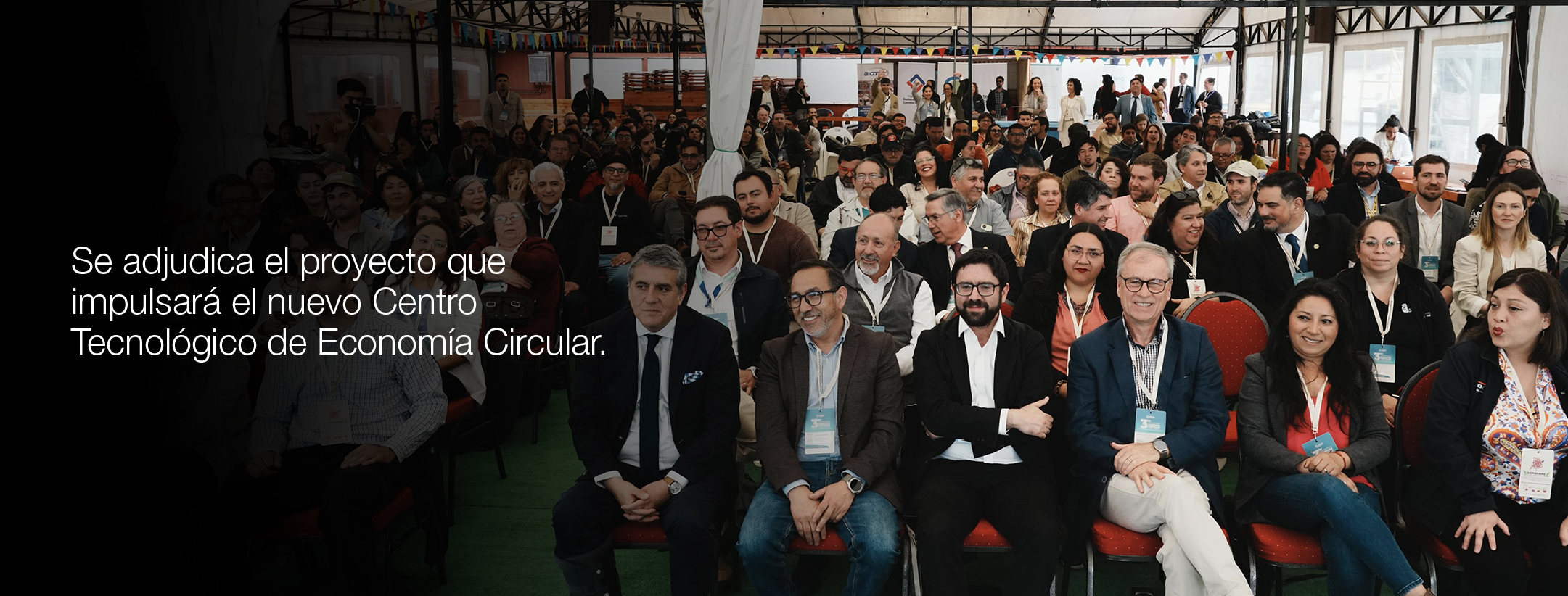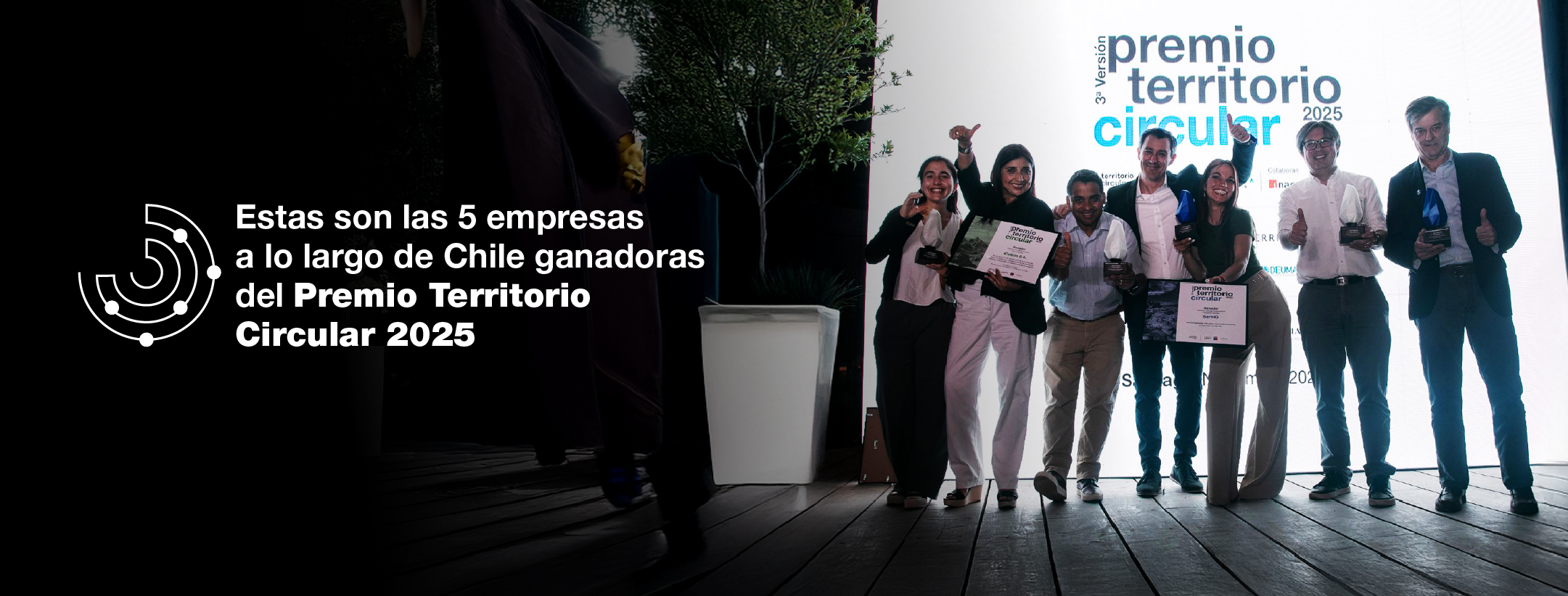With the goal of deepening the challenges and opportunities to promote circular economy in the Maule Region —whose most relevant productive sectors are the agro-industry, the timber sector and artisan non-industrial fisheries—, Javier Obach, manager of the Circular Territory Program, visited this area of the country, where he met with entrepreneurs and representatives of academia and the public and private sector.
Javier Obach highlights that there are numerous opportunities, for example, in the efficient management of agro-industrial waste. “The fact that this waste is organic offers the opportunity to regenerate productive systems, that is, to transform waste into fertilizers or compost for soil recovery. Thus, there is a very attractive circular economy life cycle that can be enhanced,” he explained.
In connection with the foregoing —and with the climate issue— he also mentions the challenge of reducing greenhouse gases that are generated when waste is poorly managed, releasing methane and contributing to global warming.
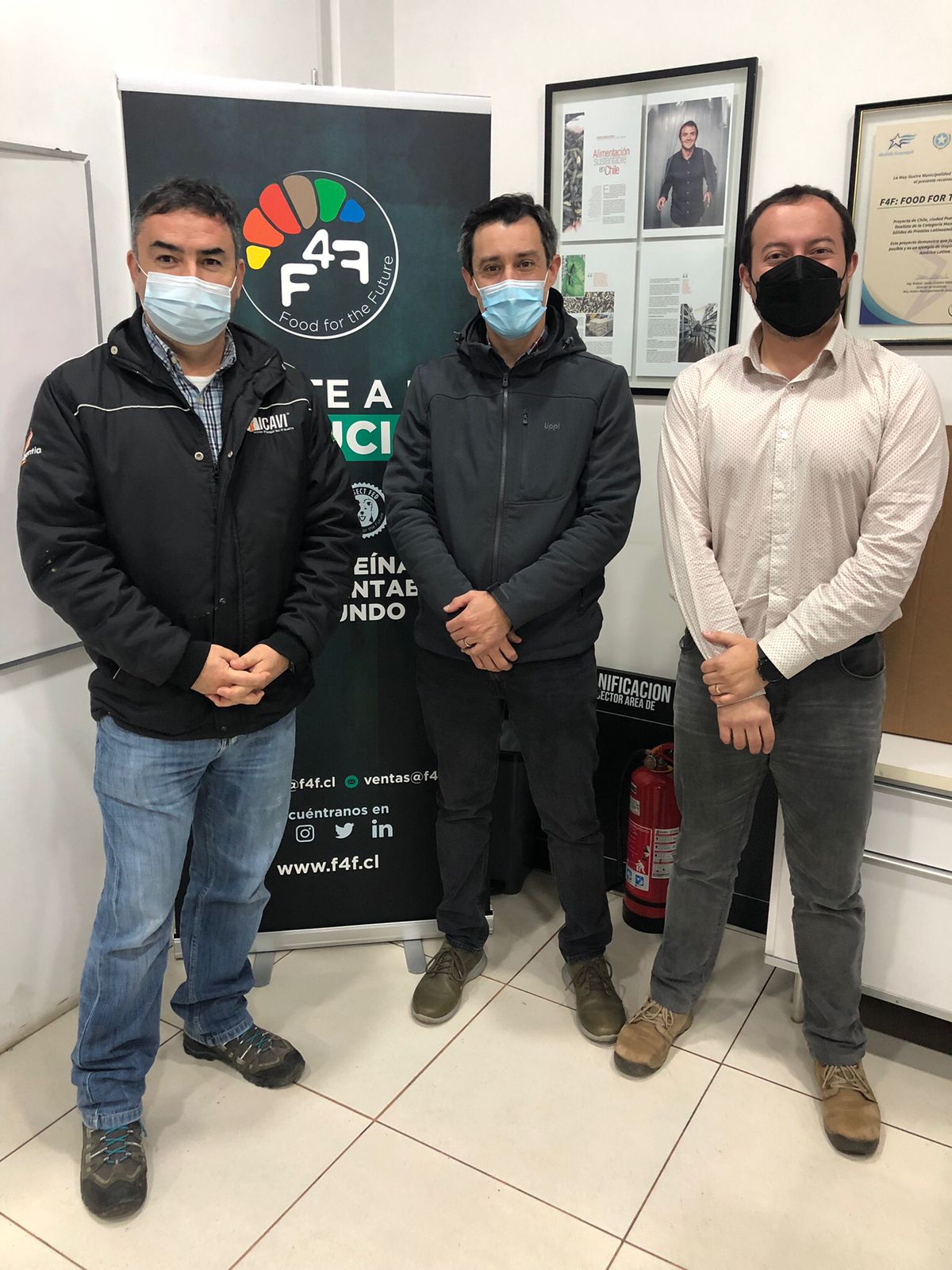
Inorganic residues
Another important issue in the Maule Region is the management of inorganic waste, mainly plastic, bottles and glass, since there are no final disposal sites in the area (practically everything is shipped to Santiago).
In this regard, the Circular Economy Project Manager of the Circular Territory Program explains that it is in the Regional Government’s interest to have on-site management and final treatment systems. He asserts that “the existence of circularity is a tremendous challenge in this territory, namely, the local management of inorganic waste” .
Circular Territory is a program promoted by Corfo and the Ministry of the Environment, and implemented by SOFOFA Hub, which —through collaborative work and public-private articulation— seeks to generate enabling conditions that contribute to an effective implementation of Chile’s Circular Economy Roadmap, promoting circular economy models that generate positive impact on the territories and their inhabitants.
